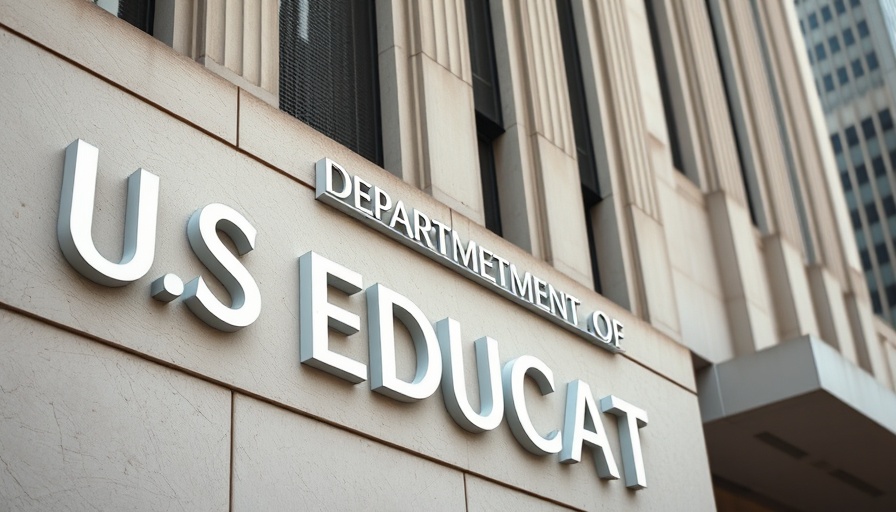
Decentralization in Education: The Implications of Trump’s Executive Order
President Trump’s commitment to dismantling the Department of Education has sparked anxiety within educational circles and among families relying on various federal tax benefits. The executive order, aimed at transferring educational responsibilities to state and local governments, underscores a significant shift towards decentralization, which supporters argue would lead to increased educational freedom. However, critics warn that this move could exacerbate disparities in educational standards, particularly for marginalized communities.
A Historical Perspective on the Department of Education
The U.S. Department of Education was established in 1979 to ensure equal access to education and to promote educational excellence. Over the decades, its role has expanded to encompass various federal initiatives aimed at supporting diverse educational needs, encompassing programs focused on disability services, equity, and inclusion. Trump’s move to reduce the department’s role isn’t unprecedented but signifies a departure from decades of federal involvement in local educational matters.
Impact on Education Tax Benefits: What to Expect
The prospective changes to federal policies have stirred considerable concern regarding education tax breaks, notably the American Opportunity Tax Credit. This program currently allows eligible students to receive a tax credit for expenses related to higher education. If proposed changes materialize, families—particularly those who lack substantial financial resources—might bear the brunt of these financial adjustments. As educational costs continue to climb, any shift in tax benefits could have severe repercussions for students’ affordability of education.
Future Trends in Education Funding: A Decentralized Approach
The administration's strategy suggests a redistribution of federal funds away from federal programs toward state-controlled initiatives. This raises questions about the variability and allocation of educational resources under a decentralized model. States that have historically prioritized education funding may fare better; however, those that have struggled with financial support might find themselves further disadvantaged, ultimately leading to a patchwork system of educational quality across the nation.
Exploring Diverse Perspectives on Educational Equity
This executive order has ignited a lively debate about educational equity. Advocates for education decentralization argue that local governments will have a better understanding of their communities’ needs, allowing for customized educational solutions. Conversely, there is widespread concern that relying on local governance could lead to inconsistent educational standards and reduced access to resources for disadvantaged students, hindering efforts towards equitable education.
Guidance for Stakeholders: Navigating Changes in Education Policy
For educators, parents, and students, staying informed about evolving policies will be essential. Understanding the potential impacts can empower stakeholders to advocate effectively for equitable education funding and resource allocation. Engaging with local educational authorities and staying abreast of proposed changes at the federal level will be key to navigating this shifting landscape. Additionally, exploring alternative funding sources and tax strategies can help families mitigate financial burdens during this transition.
Local and Global Contexts: Understanding the Bigger Picture
The debate over education policy links local imperatives to global trends, as various countries grapple with similar issues of decentralization and funding disparities. Analyzing international models may yield valuable insights that could assist U.S. policymakers in crafting better-informed approaches to education funding and policy reforms.
As we stand at a crossroads in education policy, it is crucial for families and educators alike to engage in thorough exploration of the implications of the forthcoming changes. The future of federal tax benefits, educational access, and standards is at stake, making active participation in policy discourse more important than ever.
 Add Row
Add Row  Add
Add 




 Add Row
Add Row  Add
Add 








Write A Comment